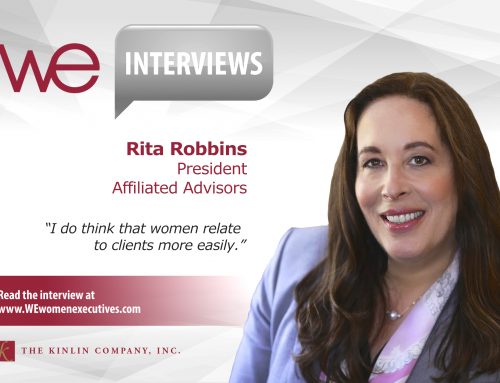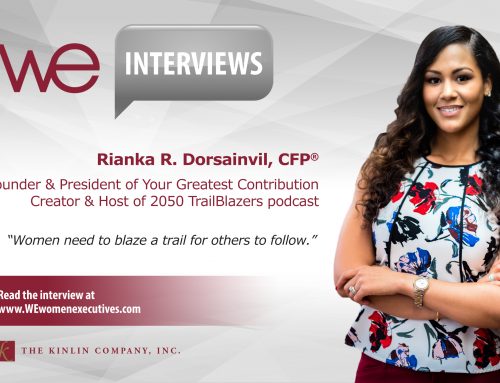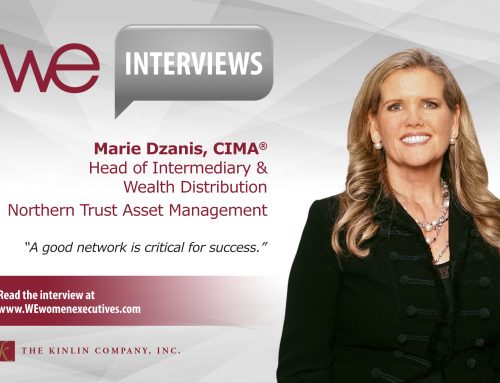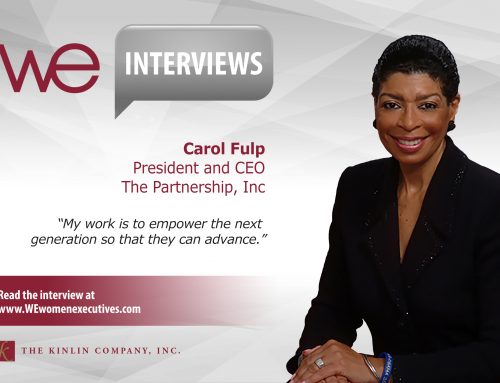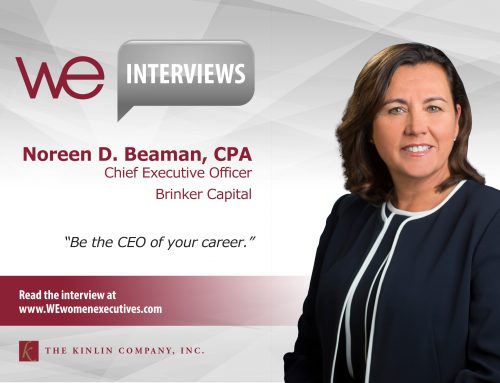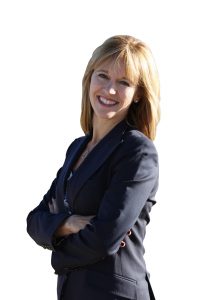 Jacki Zehner
Jacki Zehner
CEO
Women Moving Millions
Jacki Zehner’s backstory is well-known in financial circles. As a young professional, she made history in 1996 when she became the youngest woman and first female trader to be invited into the partnership of Goldman Sachs. Zehner spent the lion’s share of her time with the firm in mortgage-backed trading and concluded her career at Goldman with two years in the executive office working directly for the firm’s senior leadership.
After leaving the firm in 2002, Zehner continued to blaze a path for women in finance, first as a Founding Partner of Circle Financial Group, a private wealth management group comprised of women committed to effectively managing their families’ assets and philanthropic activities, and later as head of her own consulting firm in Park City, Utah.
For the past decade Zehner has served as President of The Jacquelyn and Gregory Zehner Foundation, and since 2009 she has been an active member of Women Moving Millions, a 2005 initiative launched by sisters Helen LaKelly Hunt of New York City and former U.S. Ambassador to Austria Swanee Hunt of Boston to “raise the bar on women’s giving.” In 2012, Zehner was named the organization’s first full-time CEO. As such, she is committed to leading the organization as it seeks to mobilize unprecedented resources for the advancement of women and girls.
I had the pleasure of hearing Zehner deliver the keynote speech at The Boston Club in May, 2013 and was incredibly energized by her message. Eager to learn more about her background and her mission, I arranged to meet with her while she was visiting New York for a Women Moving Millions board meeting.
In Part Two of our interview, Zehner explained how her commitment to creating a gender-balanced world in the context of money, the markets, and investment banking grew as she climbed the ladder to the upper echelons of Goldman Sachs, prompting her to question what it all meant.
Fighting for Gender Equity
Although she wasn’t always cognizant of it, gender equity is an issue that has been in the back of Jacki Zehner’s mind since her early days at Goldman. “As an analyst there were equal numbers of women and men, but as you climbed up the ladder the percentage shifted dramatically. At a certain point I stopped to ask ‘Why is that?’ and began devoting a lot of time to figuring it out. I became very involved with diversity initiatives at Goldman and always tried to recruit, support and mentor women.” In fact, Zehner notes, she was integral in starting some of the first women’s networking groups at Goldman Sachs in the 1990s.
“Although my career progressed quickly, I saw that what was true for me was not true for many other women. So the ideas of gender equity and equality—advancing women’s leadership and bringing balance to a very unbalanced workplace—became very important to me. That awareness started on the trading floor of Goldman Sachs and then moved up with me to the executive office. There I obtained a much broader perspective of the financial services sector in general.” According to Zehner, there remains a pyramid structure for women in financial services, with women representing 35-45% of incoming analysts, dropping to 25%-35% as associates, then to 20%-30% as vice presidents, and finally to 10-15% in the senior leadership ranks.
“Though I left Goldman in 2002, my passion for increasing the number of women in finance continued,” Zehner notes. In 2009 she co-created a report in partnership with The National Council for Research on Women called “Women in Fund Management: A Road-Map to Critical Mass and Why it Matters.” The paper outlined a number of reasons in answer to the question ‘Why so few women?,’ and more importantly, lays out a solution set for all to follow.”
Today Zehner seeks to promote women through her position as CEO of Women Moving Millions, a role that fulfills her both personally and professionally. “While we provide a community for women who are giving big and bold to women and girls, we also champion greater funding to women and girls in general.” Zehner gives multiple keynotes per year and is a frequently cited by a variety of media channels on issues of money, finance and philanthropy. “I try to help people think about how we use all of our resources—our financial and investment clout, our philanthropic money, our purchasing power, our voice, our knowledge, and our expertise to advance gender equality,” she observes.
From Campaign to Organization
Women Moving Millions is a unique organization, a community for women who have given a million dollars or more to organizations of their choice. “We’re not a foundation,” Zehner explains, “you’re not giving to us or through us. We are a community for women and men who put women and girls first. We want to attract new members to Women Moving Millions, and thus new funding to women and girls.” In other words, Zehner says, Women Moving Millions wants to add a component of gender awareness to people’s philanthropic giving.
What Women Moving Millions advocates, Zehner explains, is not just giving to women and girls as a category, but giving thoughtfully by putting a “gender lens” to whatever issue or need you’re funding to ensure that you’re reaching your desired outcomes and beneficiaries.
“I’ll give you an example,” she continues. “I approached a friend of mine, when I became very involved with funding women and girls, to talk to her about her giving. She’s very progressive in every way and very supportive of women, so I said to her, ‘You are giving millions of dollars away—you should join Women Moving Millions.’ Her response? ‘I don’t fund women and girls; I fund science.’ When I asked her specifically what she funded, she told me that she gives to a University to fund chairs in the science field and proceeded to describe the process, which involved reviewing the candidates and selecting the recipients. When I asked how many times the individuals selected had been women, she admitted with some surprise that there had never been any women chosen, but it started her thinking. She went back to the University and asked that they make sure that the slate that came forward had at least one woman on the list. It’s clear that the BEST candidate received the funds, but it so happens that since then, many of them have been women. They dug deeper and broader and found that the best were in fact women, only they had not been looking hard enough for them.”
Women Moving Millions offers its members a number of ways to engage and enhance their philanthropic impact. They hold a number of events, share best practices, do skills-based training, and encourage and support members to learn with and from each other. “Our goal is to help our members be the best philanthropists they can be. Women Moving Millions started as a campaign to encourage women to give million dollar gifts to women’s foundations. And while we are still doing that, we are doing a heck of a lot more.”
A Serious Shift is Coming
In an introductory video on the Women Moving Millions website, Zehner asserts that we’re at a moment where “something is seriously shifting.” I asked her what she meant by this.
“Women’s power is emerging–big time!” Zehner notes. “Never before have women come together to put their financial power behind women and girls’ advancement. Women’s economic clout–as holders of wealth, as investors, as allocators of capital—is growing. We’re in a moment where there’s a great deal of power in the hands of women that we’re just starting to use to create a more just, equitable and balanced world. Recent books on leadership, such as John Gerzema’s book, The Athena Doctrine, are revealing that the traits people are looking for now in leaders are things such as empathy and collaboration—traits typically viewed as feminine.”
“Why women? Why now? What next?” is the subject of a recent TED TALK Zehner gave at TED Women in 2012 and is well worth a watch. When asked what we can do to accelerate positive change, Zehner is quick to quote Gloria Feldt in her latest book No Excuses: 9 Ways Women Can Change How We Think about Power. ‘Power unused is power useless, so let’s make the most of all the resources we have to create the world we want to live in.’ That’s great advice for all of us.”

